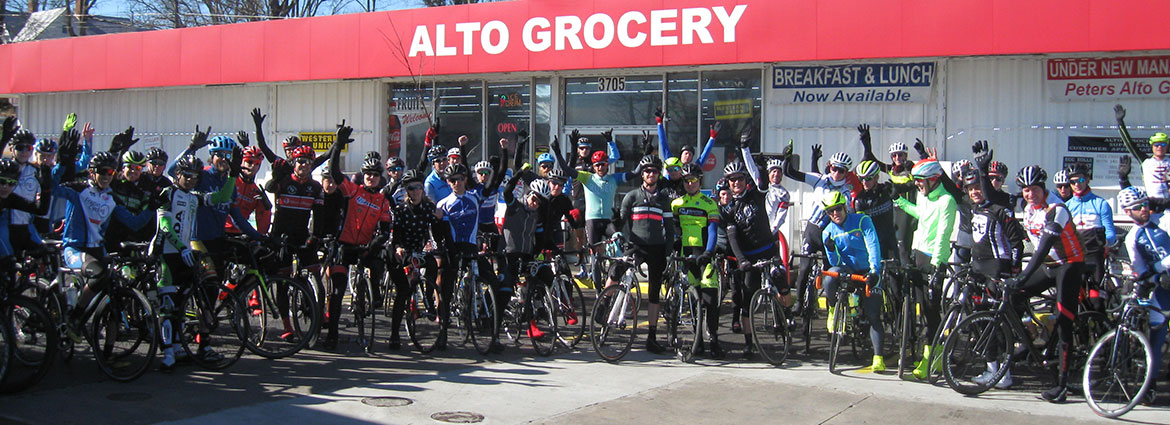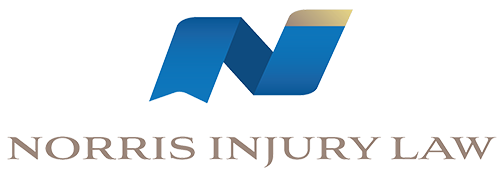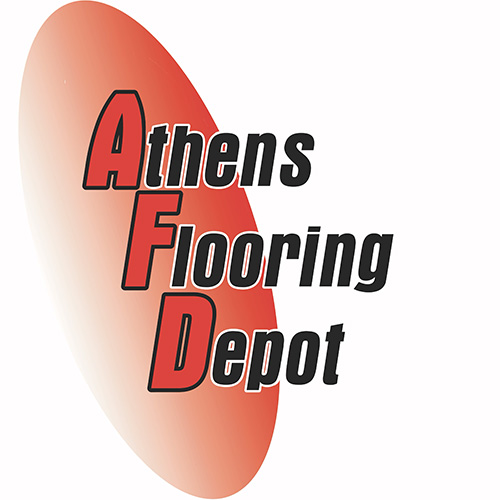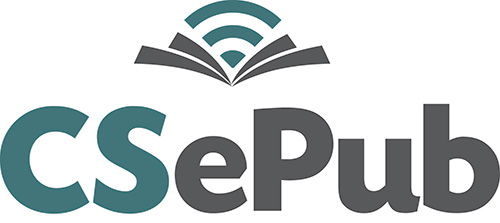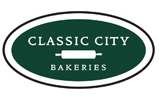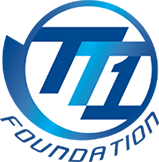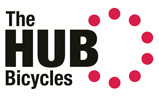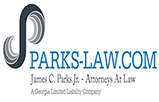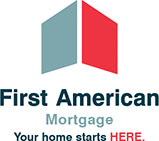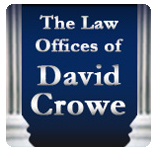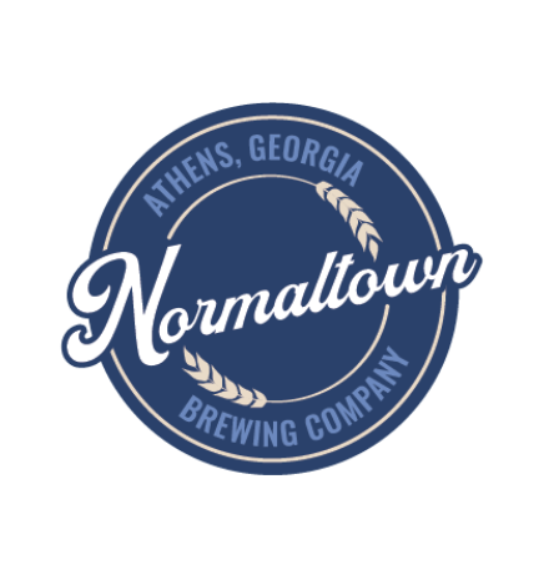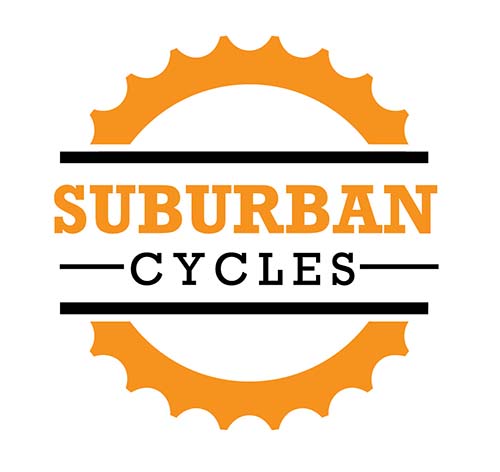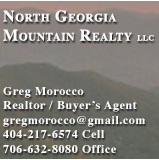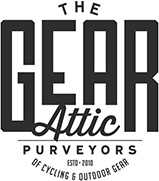ERIK LEMAIRE
CATCHING UP WITH ERIK LEMAIRE
Eric Lemaire, aka E, is one of two mountain bikers with Canadian citizenship and national level talent who moved to Athens at different periods and became exceptional road racers and etched their names in the history of Athens cycling. (Canada Dave Irving was the other mountain biker from north of the border.) E originally came to Athens in the early 90s at a time when riders from all over the U.S. were attracted to the Classic City, probably because of racing in the Athens Twilight Criterium and experiencing the frenzied atmosphere that surrounds the event. E eventually became part of the 1995-96 Athens Bandag Road Team that included riders such as Chris Pic, Paul King, Steve Sevener and Bill Oyster and which tallied dozens of wins and podiums at professional and national level races. Lemaire’s bike handling skills on the mountain bike far exceeded most, and he ultimately transferred this extraordinary skill to the road, where he became one of the more formidable criterium riders in the country. His ability to handle his bike at high speeds was unparalleled and allowed him to move up through the pack in the most technical of courses, and once he arrived at the front, his ability to remain there and infiltrate the winning break bordered on supernatural at times. E has been back in Quebec for many years now and we checked in with him recently for an update.
Humble Chronicler: Yo E, it is genuinely great to talk to you. Tell the folks where you are these days.
Eric: I now live on a ski mountain called Ski Bromont in Bromont, Quebec where I’ve owned a house for the past 22 years with my wife, two kids and a dog—funny thing is that I used to race world cup mountain bike races here literally in my back yard back in the day. Ski Bromont is well known in Canada for its downhill skiing, mountain biking and BMX-riding, so I am in my element. My kids and my wife mountain bike straight out of the garage, but skiing is my wife’s bag. French is the official language here and though I grew up in Florida my parents were French Canadian so my brother and I are bilingual. In fact, many residents here are bilingual but it’s a matter of local pride to speak the mother tongue. Bromont is in southern Quebec and I live close to the Vermont border, which has an amazing number of local breweries, so the availability of exceptional local beers around here is crazy good and I’m having a hard time avoiding the beer belly.
H.C.: What are you doing these days?
E: I was recently approached by a local company that manufacturers insulated concrete forms (ICF) and I was offered a position as the commercial program manager for all of Canada, and I accepted. Prior to this opportunity, I ran my own architectural firm. I get to travel around quite a bit when there’s no viruses hanging around.
H.C.: Where did you grow up?
E: For the most part I grew up in south Florida. My parents are French Canadian and we moved around quite a bit when I was younger—my dad had a job in the U.S. that required him to travel from place to place. Because my parents were French Canadian, as I said, my brother and I were raised speaking both French and English so I’ve always had a little bit of both countries in my blood. At one point my dad landed a job in southern Florida and my mom said that was it so south Florida was where we settled in and planted roots and it was where I grew up. But my family always maintained dual citizenship, so I have always been a Canadian.
H.C.: Were you first introduced to cycling when you were in South Florida?
E: Yes, in south Florida at the time, BMX was king so I initially starting riding and racing BMX bikes around age 8. I guess I had a knack for it and I progressed quickly and landed sponsorships, which are crucial to a young cyclist who wants to race. I was able to race quite a bit and traveled a good bit too. I lived this racing lifestyle, combining it with school, from about age 8 to 15, and I learned quite a bit about cycling, lessons that would stick with me and pay dividends later. When I was 16, I got into a little trouble and I had my car taken away from me and I was forced to ride my bike to commute. During these dog days of commuting, my eyes were opened to the magic of road cycling. I realized I enjoyed road cycling and I had a knack for it too—my years of riding and racing BMX gave me a huge advantage over my peers. When I was 18 I moved to Gainesville to attend the University of Florida and was lucky to find myself in the middle of a great cycling scene. In Gainesville I began mountain biking also and enjoyed it immensely and began to have success with both road cycling and mountain biking and began making a good name for myself in the highly competitive Florida racing scene.
H.C.: Wasn’t it while you were in Gainesville that you were offered a mountain biking contract that would allow you to compete at World Cup events in both North and South America?
E: Yes, that’s right. During my time in Gainesville, I was offered a mountain bike sponsorship with a Brazilian company called Caloi. This was a pivotal point for me because it allowed me to travel all over North and South America racing National and World Cup events. A rider cannot advance to the next level if he or she doesn’t compete against the best.
H.C.: How did you land in Athens?
E: While I was in Gainesville, I also met Bill Oyster and Tim Mullins, who were bother riding mainly on the road, and we became fast friends. We rode a lot of training miles together and we all ended up being offered a road team opportunity with the Dominos/Trek Team that was run by Gene Dixon out of Athens in the early 90s. Bill Oyster went first and enrolled at the University of Georgia as an 18-year-old freshman, we were all very young. Tim Mullins and I went up a short time later. Once in Athens, I became good friend with Chris Pic, who I’d race against on the road when he would travel down south, so we knew each other already. So I moved to Athens and began racing on the road for Dominoes/Trek, but I always was allowed to keep my mountain bike contract and also incorporate mountain bike racing into my program, although by this point I was becoming serious about racing on the road at a high level.
H.C.: How was life in Athens for you and who did you race for?
E: Athens was a perfect fit form me, plenty of young people, and there was an awesome cycling scene, which at the time, included the Duckhead professional team which boasted some of the best riders in the country and competed at a national level. I knew who the guys were and looked up to them and started training with them after I arrived in town, and there were so many good riders around, we raised the bar. Then a few Duckhead riders moved to the new Athens Bandag Team, which merged with the Domino Team, and the dynamic became potent—we put a lineup together that could compete in any race we entered and I have a lot of good memories from those days. I would fly out to race mountain bikes with my long time mountain bike teammate Johnny White and come back to fight it out with the big fish of the national and Southeast cycling scene. Meeting and becoming friends with the World Road Collegiate Champ Paul King, sprint ace Steve Sevener, work horse Natt Dunn, climbing machine Bill Oyster, all arounder Chris Pic, Playboy Tim Mullins, Showtime Ryan Barnett and David Crowe are some of my best memories. I remember riding 6-gap with Tina Pic only then to have her bring me back to Atlanta to race a crit that night, that was our level of dedication at the time, that was our lives. I really miss Athens and the long WBL rides on Saturday and Sunday, and I still dream of doing another one, or maybe even Tuesday night sprint ride.
H.C.: Do you still race or ride?
E: Yes, I still race and ride and in fact I only recently stopped racing with the young pros as a master trying to hang. But I am a member of the Provincial Trek Team, which is managed by a good friend of mine. I’ve also gotten into gravel riding, and I also continue mountain biking during the summer and skiing out of my back yard in the winter. I also do a lot of ski mountaineering, which is a discipline that involves climbing mountains either on skis or carrying them, depending on the steepness of the ascent, and then descending on skis. It’s a hard sport.
H.C.: What are some of your best moments on the bike?
E: My first pro race as a professional mountain bike racer was special. It was the Cactus Cup in Arizona and it was the first big race of the season and a lot of big dogs from the US and Europe always showed up to kick off their seasons. It was a stage race that had a time trial, dirt crit, road crit and a long cross-country course. I finished 11th, only 3 seconds out of the top 10, and received a lot of good press, all print because this was before the internet. In the crit I rode shoulder to shoulder with John Tomac, Ned Overend, Steve Tilford, Tinker Juarez and a crush of Europeans and I finished with Tomac in the cross-country, which was so cool. At the time, only myself, John Tomac and Steve Tilford were racing both mountain bikes and road bikes as professionals. I also was invited to participate in the Olympic Invitational cross-country race that year, which was held on the Olympic course, and finished with Ned Overend (10th and 11th). There’s so many special memories ranging from Redlands, Seas Otter, and a race I won in Peru after being invited by Skip Luke Spangenburg I raced with Bob Roll on Litespeed for a few years and that dude is seriously funny.
H.C.: In 1999, you were the second winner of the Alto World Cup and you won the Alto City Limits sign intermediate sprint, the first of only three winners to ever do so. Obviously, you were on form. What do you remember about that day?
E: To be honest, I was just trying to mess around with Chris Pic. Actually, I’d ride the WBL but I’d also mix in the Florida Mountain Bike season at the same time. There were big fields in the Florida races so I was fit for the WBL and could reel in over 30 victories per year back then s(on and off road), so yes, I was in shape early.
H.C.: Did you have to reestablish yourself when you moved to Canada?
E: Yes, I reestablished myself in Quebec and gained a good reputation because I finish as the best Canadian in the World Cups in Canada and the local press just assumed I was Canadian because of my name and I spoke French, but I actually raced with a US license. It worked out.
H.C.: What did you like about the lifestyle of a professional cyclist?
E: I never really had to train, I simply loved riding and racing bikes. The lifestyle fit me well, being able to float between on and off road was natural and I never felt conflicted. I enjoyed finishing well in the World Cup mountain bike races, big crits and road races, then come back home and ride with my friends on the Monday Night Crawl in Athens. I really miss those days and cheers to all!
Humble C
(Lockdown 2021)
